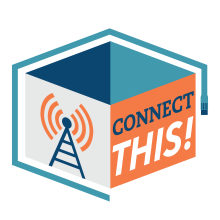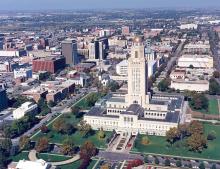Independent Agencies Under Threat: Gigi Sohn on FCC’s Future - Episode 637 of the Community Broadband Bits Podcast

In this episode of the podcast, Chris is joined again by Gigi Sohn to discuss the growing threat to independent agencies like the FCC.
They explore the impact of recent executive orders that seek to strip these agencies of their autonomy, the historical role of the FCC in shaping broadband policy, and what this means for the future of communications regulation.
Sohn shares firsthand insights from her time at the FCC, reflections on the broader implications for democracy, and why the independence of regulatory bodies matters for both industry and the public.
Tune in for a critical conversation on the intersection of policy, politics, and broadband access.
This show is 26 minutes long and can be played on this page or via Apple Podcasts or the tool of your choice using this feed.
Transcript below.
We want your feedback and suggestions for the show-please e-mail us or leave a comment below.
Listen to other episodes or view all episodes in our index. See other podcasts from the Institute for Local Self-Reliance.
Thanks to Arne Huseby for the music. The song is Warm Duck Shuffle and is licensed under a Creative Commons Attribution (3.0) license







